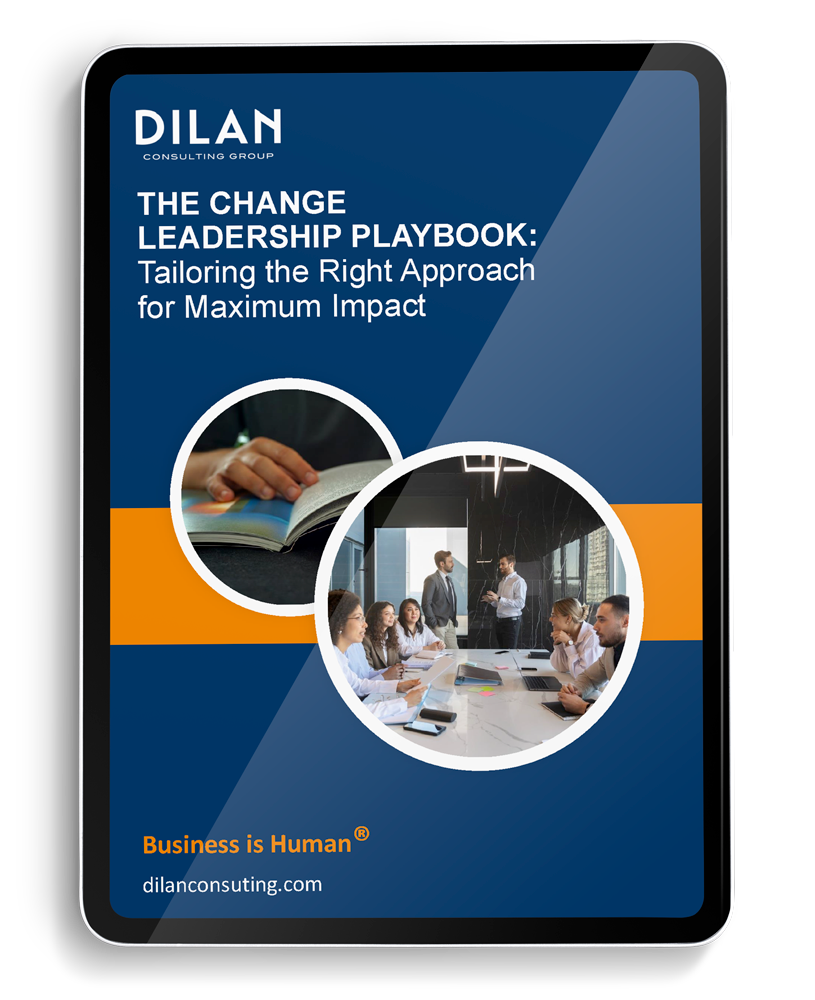Introduction
Congratulations! You’ve found the right executive coach and are eager to get started. Since you are a go-getter, you’re used to meeting high expectations and hope the coach will help you become an even better performer. But you may be unsure how to get the results you want from coaching.
There are two key elements that set up success: collaboration and proactivity. Coaching is a collaborative process where you work together to achieve your goals. The coach is knowledgeable about how to succeed, but only you are an expert in what works for you. You must also be proactive. The more you put into the process the greater your return will be. You must be willing to do the work to unlock growth. Are you ready?
Next, there are two questions to ask yourself before you start:
1. What do you want to get out of coaching sessions?
2. How do you envision your coach helping you?
It is important to know what you want from a coach. For example, if you want to be more engaged with your team, the coach will help you practice and increase team connection. Note that an executive coach differs from a sports coach. While a sports coach dictates goals based on the team’s aspirations, an executive coach guides you towards your own goals. Awareness of what you want helps both of you maximize the effectiveness of your sessions.
Once your engagement has begun, there are eight ways to stay collaborative and proactive throughout the process:
1. Trust
Believe that your coach is personally invested in your success. This means you can feel comfortable asking questions, seeking direction, or admitting you don’t know something.
2. Be honest
Coaching helps you learn more about yourself and how to perform at your best. The more upfront and open you are, the greater benefit you will take away from each session.
3. Establish rules
It’s important to talk about ground rules from the beginning. These may include frequency of contact, confidentiality, expectations and commitments, and when the engagement will end.
4. Set goals
The engagement should include personal development goals based on your role and what you need to learn to go further. You will set your own goals and the coach will guide you in reaching them.
5. Learn eagerly
Your coach is investing their own time and energy to help you. To be a good collaborator, it is important to set an intention to learn enthusiastically and seek out support and resources that will amplify growth outside of sessions.
6. Seek feedback
Accepting feedback can be painful because we don’t want to hear we are not perfect. Remember, you can trust your coach to be supportive and invested in your success. Seek feedback to build on your strengths and to find growth opportunities.
7. Stay curious
Curiosity and inquiry are at the heart of growth. As you move through your sessions, take time to look inward, be honest about what you see, and challenge what you think you know.
Conclusion
Never forget the coach is there to guide you to achieve your goals, and it is your responsibility to do the work and be proactive in each session. When you step into a proactive space with your coach, you show yourself and others that you are ready to work up to your highest potential.
Sidebar:
What should you look for in a coach?
Despite what you hear, not all coaches are created equal. Making sure your Executive Coach has the right qualifications is as important as being proactive. At DILAN Consulting Group, we offer the highest level of expertise because all our consultants hold a doctorate in either clinical or organizational psychology. They have the most training of any profession in the areas of human motivation, behavior, learning and change. In addition, our Clinical Psychologists are also licensed, a process that takes years of supervised experience that gives them access to tools and instruments only available to Clinical Psychologist. This means we use scientifically validated methodologies. This expertise in combination with our own professional experiences managing teams and organizations as well as supporting senior leaders in a wide range of industries allows us to provide deeper insights that drive better outcomes.




